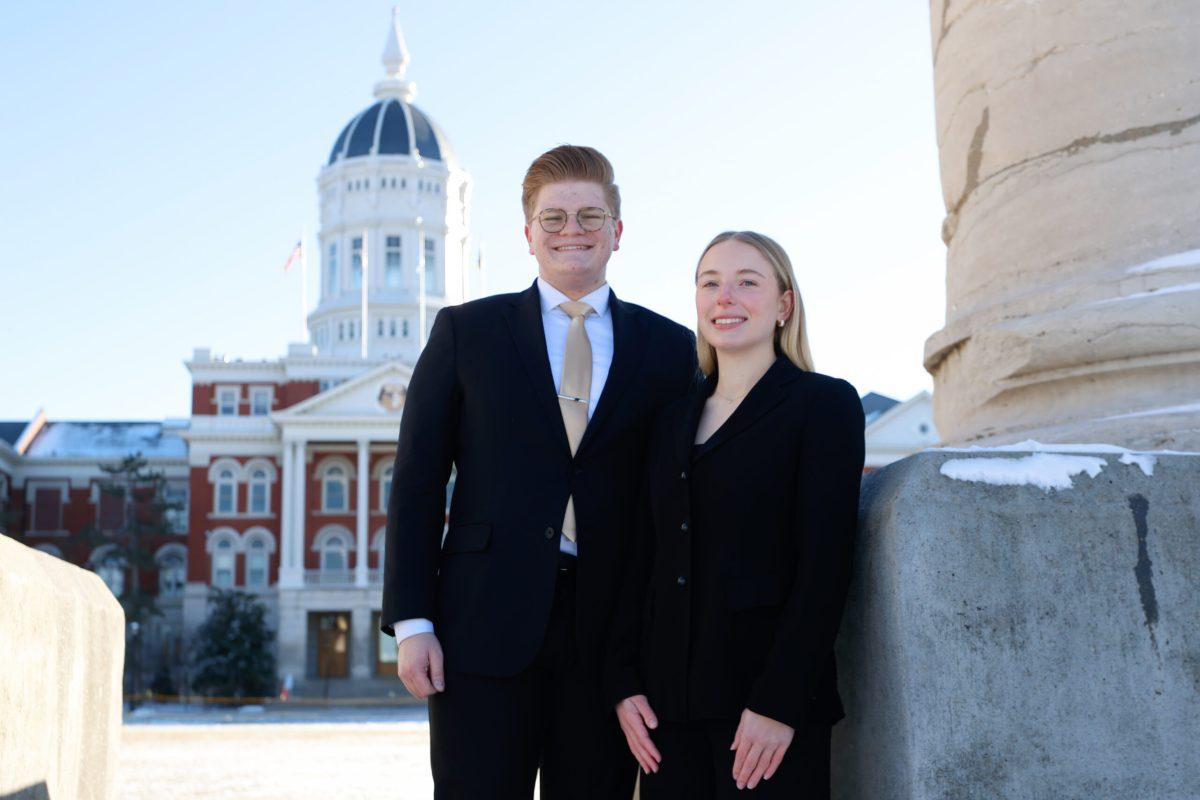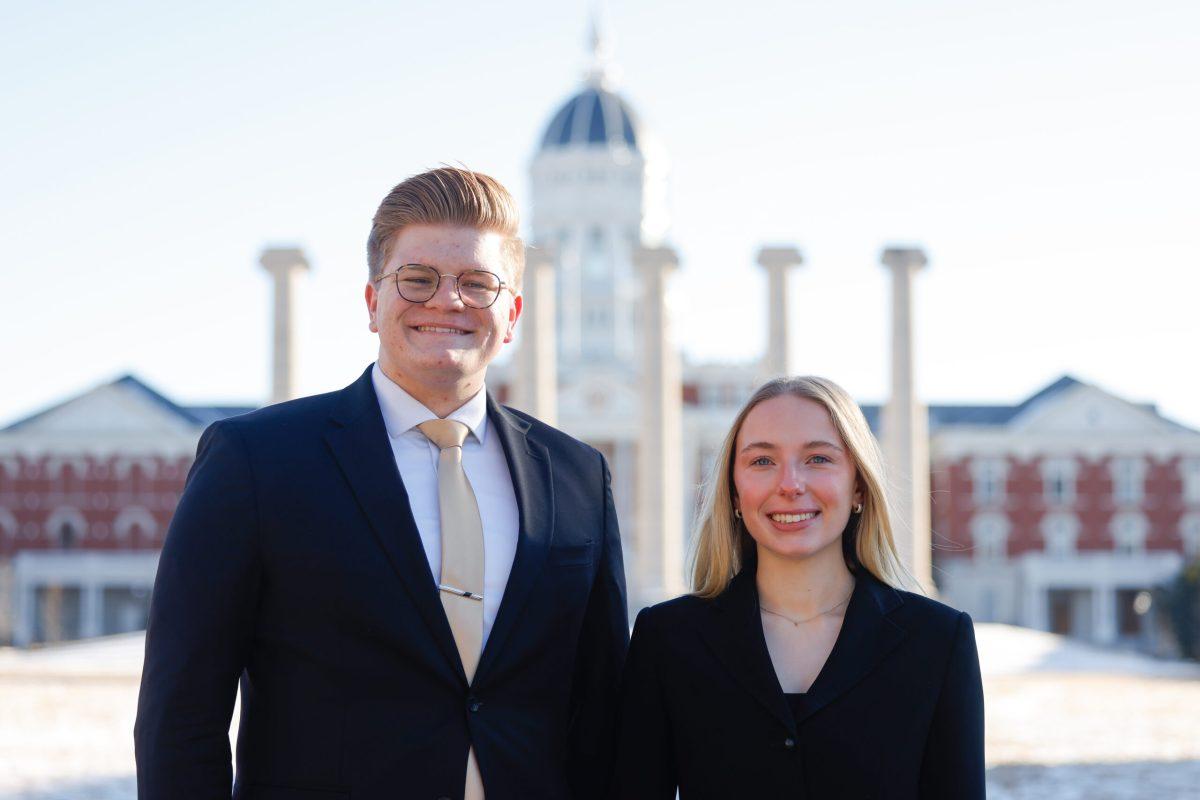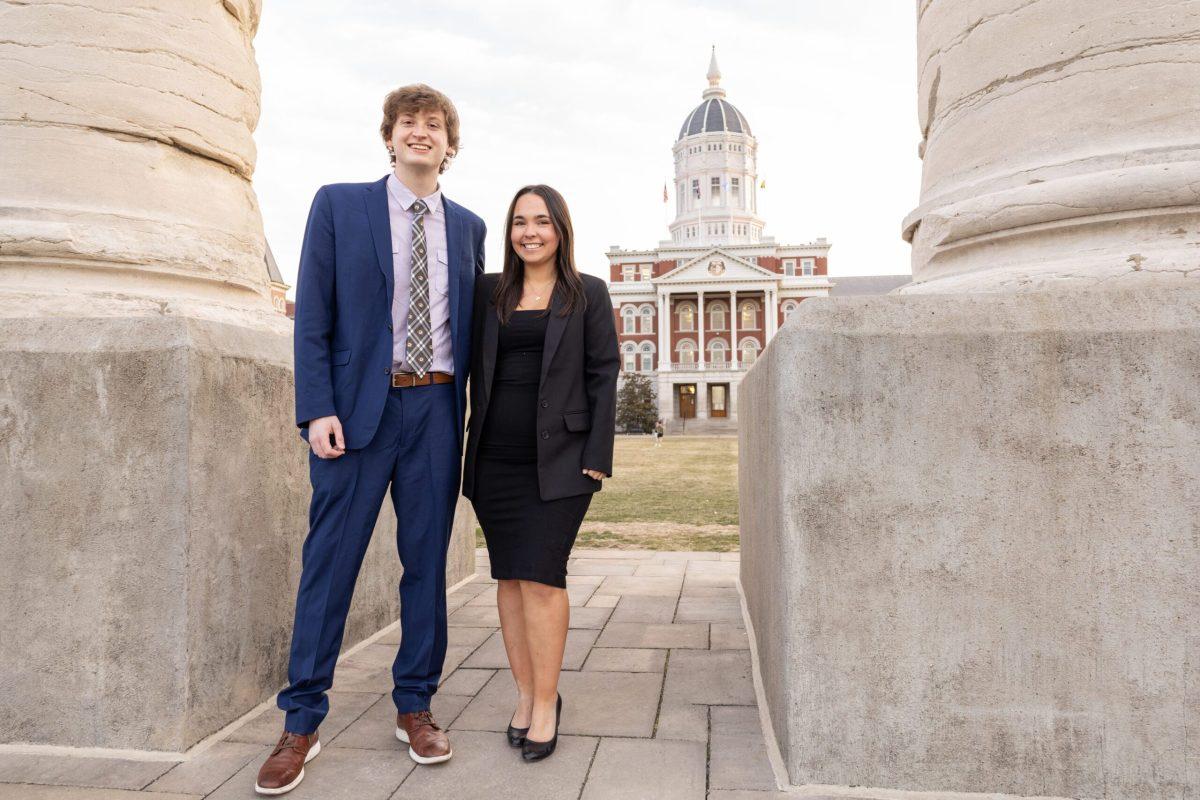Columbia City Council voted Oct. 7 to ban conversion therapy in Columbia, making it the first city in Missouri to do so.
Conversion therapy is a scientifically discredited process that involves using therapy in order to convert LGBTQ people to heterosexuality or traditional gender expectations.
Caitlin Cunningham spoke at the City Council meeting to represent anonymous youth voices to protect the teens’ safety.
Cunningham works at Prism, which is a teen LGBTQ group run through The Center Project in Columbia. She pointed to the harm of conversion therapy on LGBTQ youth, especially as they are disproportionately represented in homeless populations as well as in youth suicide rates.
“So often I think that people think that conversion therapy is this very almost aggressive, insidious, violent, disgusting therapy,” Cunningham said. “But in fact what it oftentimes ends up being is just a very gaslighting approach to convincing people who are queer that it’s something they can change … that kind of hate sinks itself into the soul.”
Andrea Waner, the chair of Columbia’s Commission on Human Rights, said the commission looked at the need to ban conversion therapy through a medical lens, as the practice is highly discredited by reputable scientists.
“It goes against what you should be doing as a medical provider,” Waner said. “This is something that we’re seeing as a national trend sort of across the country in municipalities.”
She said the Human Rights Commission began talking about the ban in February 2018 when the national Human Rights Campaign released a municipal equality index. While Columbia performed well, Waner said the commission saw banning conversion therapy as a way to improve.
She pointed to Columbia’s proximity to Jefferson City, where work could be done on the state level to nullify the municipal ban.
“While it’s exciting to be the first it’s also quite terrifying because there’s a lot of risk associated with that,” she said.
Waner hopes to see other cities in Missouri as well as across the country start to write their own conversion therapy bans.
“My hope as the chair of Human Rights Commission is that this gives people in other communities a path forward to say ‘Okay, this town did it, they weren’t a huge city, they decided to take this stance of leadership and we can do it too,’” she said.
_Edited by Ben Scott | [email protected]_













